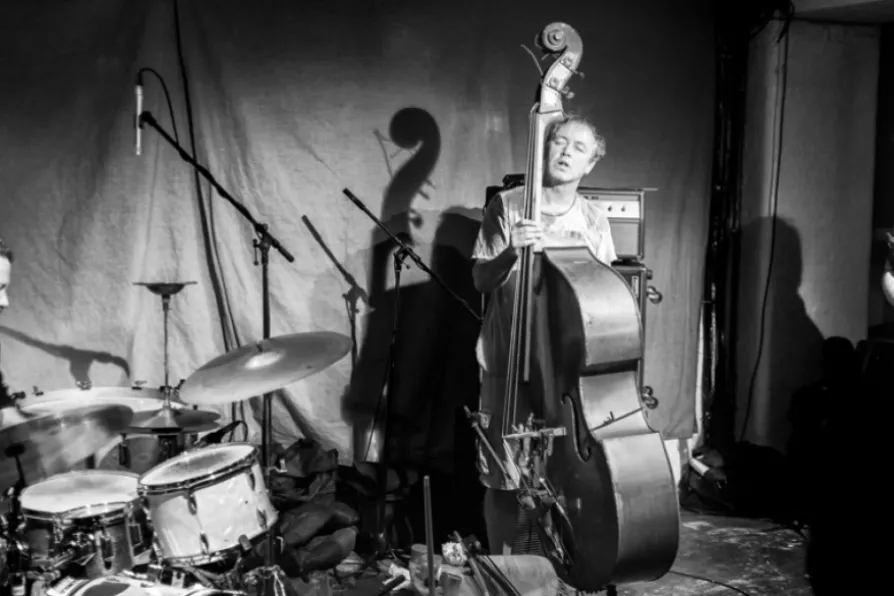A November 15 protest in Mexico – driven by a right-wing social-media operation – has been miscast as a mass uprising against President Sheinbaum. In reality, the march was small, elite-backed and part of a wider attempt to sow unrest, argues DAVID RABY

 Mark Sanders (left), Jon Edwards (centre) and John Butcher (Right)
[Dawid Laskowski]
Mark Sanders (left), Jon Edwards (centre) and John Butcher (Right)
[Dawid Laskowski]
Last Dream of the Morning
John Butcher, Jon Edwards and Mark Sanders
Relative Records RPR 1056
THE free drummer Mark Sanders (born in Beckenham in 1960) is the last musician to see himself as a leader. He will however, call himself the “instigator” of certain recorded sessions, but an ethos of sheer equality defines them.
No single soundmaker takes precedence or adopts a commandist role — all compadres inspire, move and steer each other as the essence of the music, with Sanders’ percussive artistry listening, provoking and responding to every note and change of sound of his bandmates, saying almost telepathically to each other, as Sanders puts it, “What sound will we create to put it right?”
Sanders’s first boyhood vision of his drums was watching his dad play the bongos, and dancing in the aisles of the penny seats of the London Palladium to Brian Bennet’s drums when, as a six-year-old, his mum took him to see the Shadows.

CHRIS SEARLE wallows in an evening of high class improvised jazz, and recommends upcoming highlights in May













